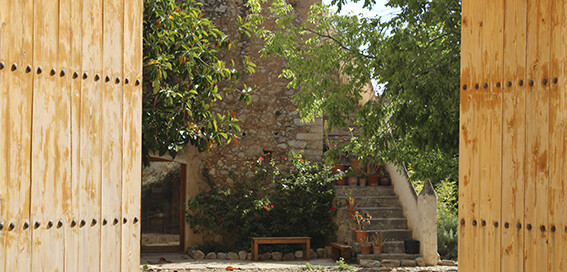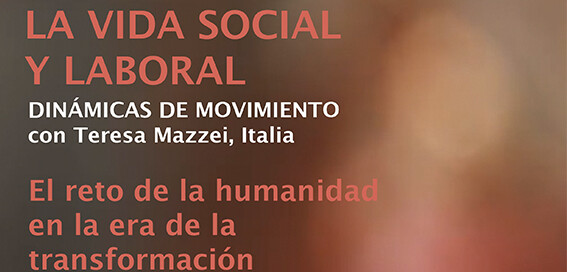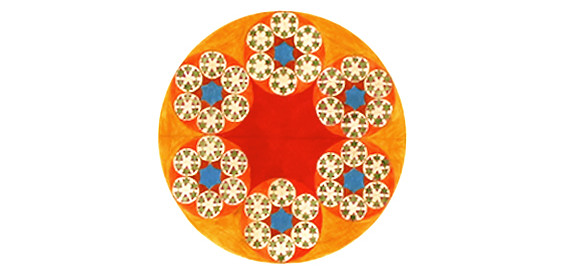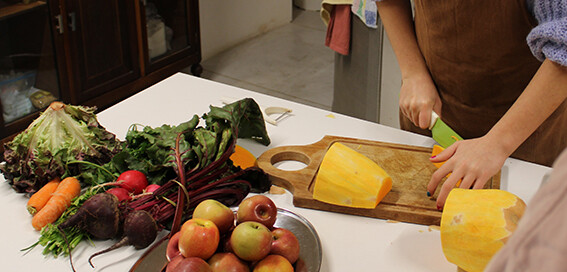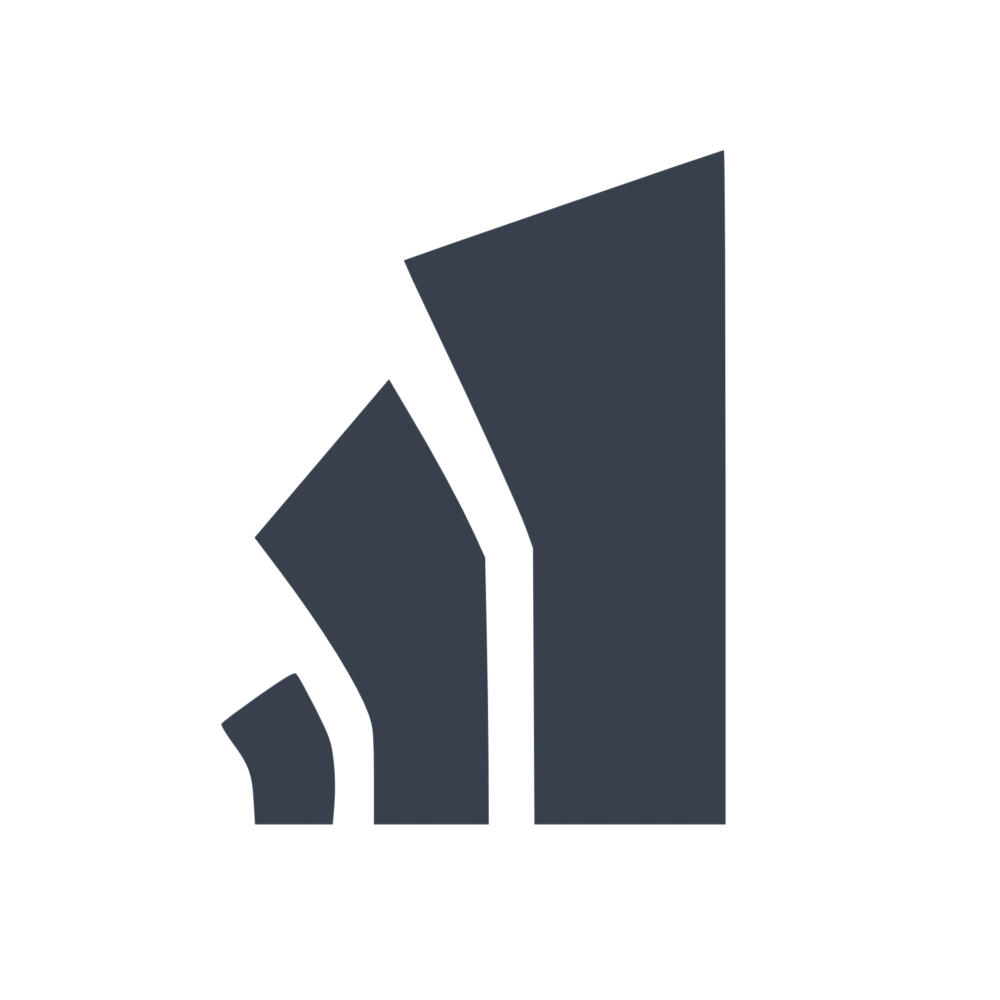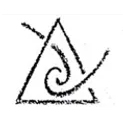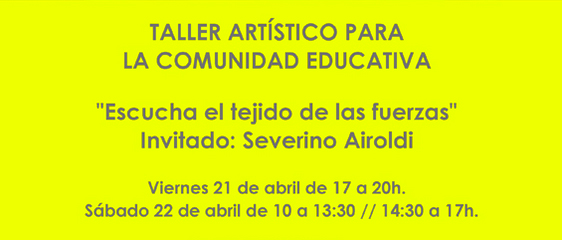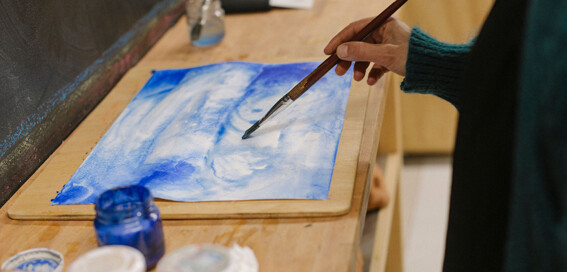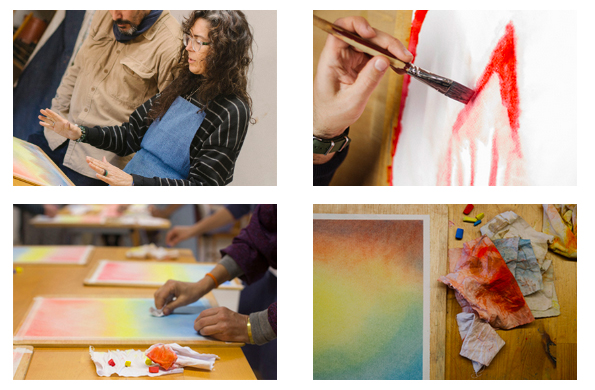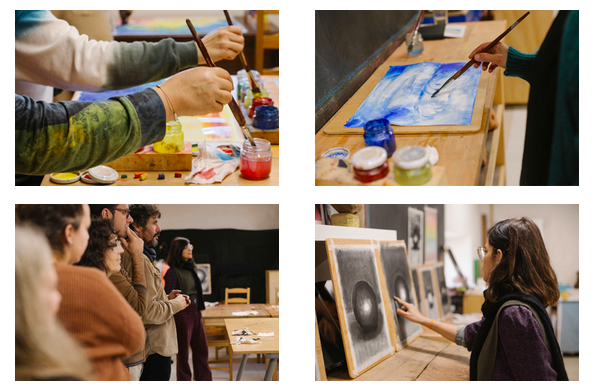JORNADA DE PUERTAS ABIERTAS. SÁBADO 11 DE MAYO
El sábado 11 de mayo de 11 a 16h celebraremos una jornada de Puertas Abiertas en la Fundació Sa Llavor, con visita guiada, exposición pedagógica, concierto de Gamelán, teatrillo, talleres familiares, puestos artesanos, librería y restaurante vegetariano.
Programa:
11.00h Visita Guiada
11:00hTalleres Familiares
12.30h Teatrillo Infantil
13:00h Restaurante vegetariano
14:00h Talleres Familiares
14.30h Taller de improvisación musical y canto con Sheela Gathright.
15:30h Jam Session. ¡Trae tu instrumento!
16:00h Cierre – Concierto de Gamelan

